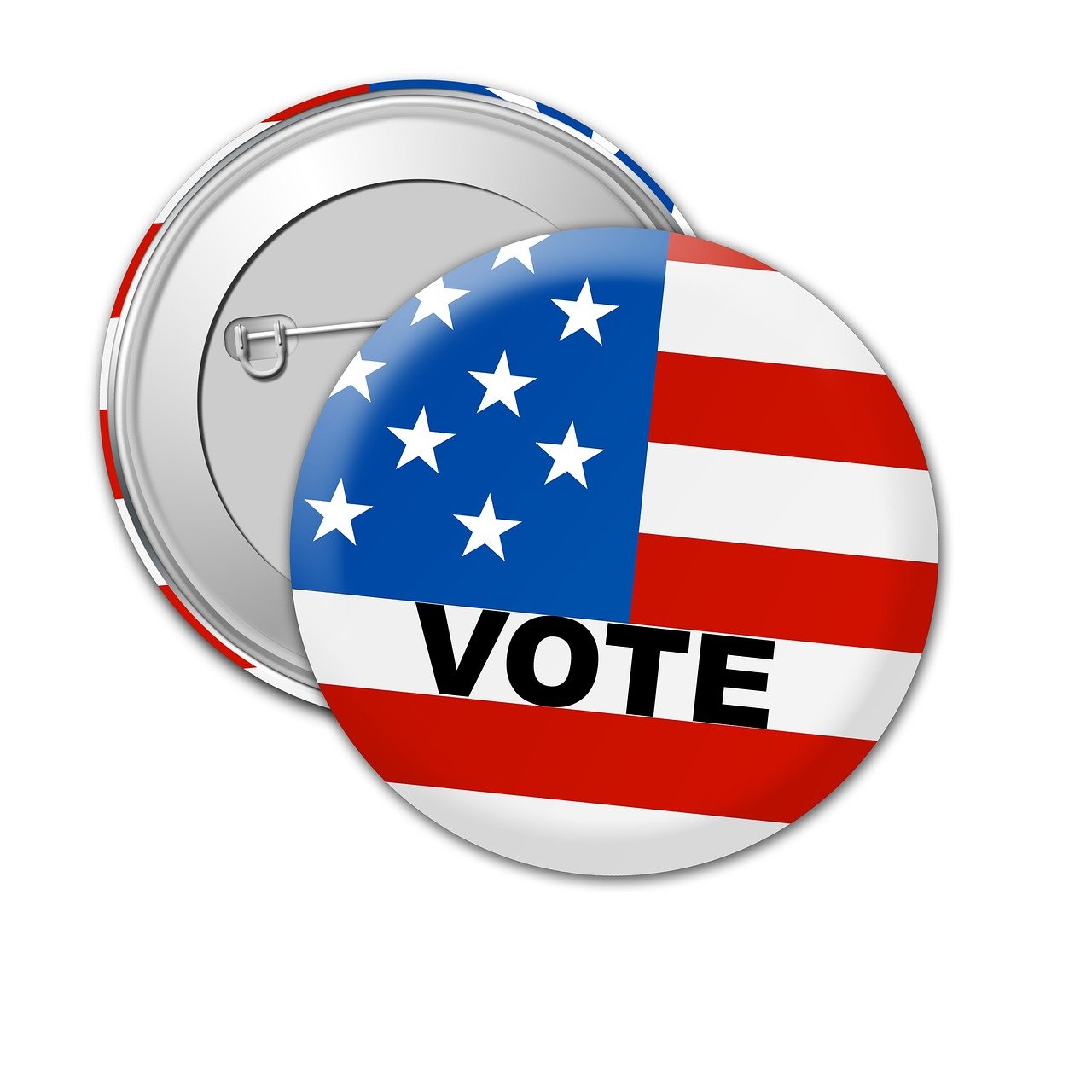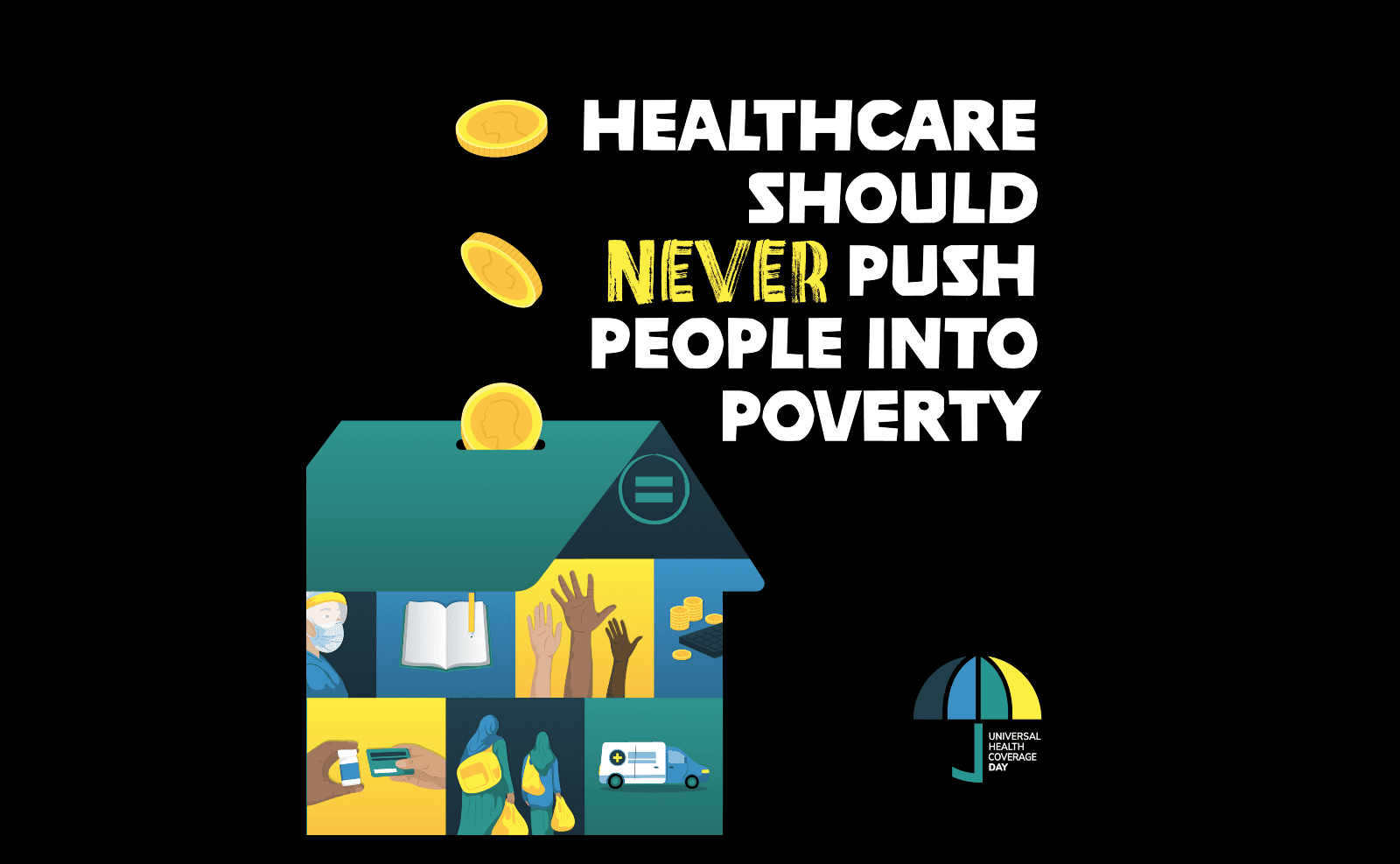Listening to client stories and experiences to help show medical necessity
This blog is part of the Working Better Together series. It was written by Rebekah Garcia, Project Director at Legal Aid of North Carolina. This blog series was created to give our advocacy partners a platform to share their successes, challenges and innovative approaches in advancing health access and equity in the states they work. The “Medicaid Experiences Project” referenced in this series of blogs is a collaboration between the National Health Law Program (NHLP) and eight state-based organizations that provide legal aid. The purpose is to better understand the direct experience of individuals as enrollees and applicants for Medicaid and advocate for improvements.
Legal Aid of North Carolina is fortunate to have a team of advocates dedicated to appealing adverse Medicaid decisions for beneficiaries. We help clients across the state to get approval for inpatient, outpatient hospital services, MRIs, X-rays and physical therapy. Our team consults with doctors to prove medical necessity but the most important part of our work is listening. They are the ones who know exactly what they need and why a particular service is so vital to their physical and mental health.
Explaining and justifying medical necessity can especially be complicated for services that our clients request through home-and community-based waivers. The Innovations Waiver in North Carolina is designed to meet needs of people with intellectual or developmental disabilities that prefer to receive long-term care services and support in their homes or communities rather than an institution setting. Many of our clients feel mentally and physically secure in their homes, and this goes beyond simple medical interventions. We have gained approval for unique services by listening to our clients and proving medical necessity when challenged. Here are three stories that showcase our recent work.
Keeping The Lights On
Eric’s complex and massive holiday light system is well-known around town. His displays are visible all year round, both outside and inside. Tonna, Eric’s guardian, explained that the lights “mean a lot to him.” Unfortunately their family suffered frequent power outages, which caused Eric significant stress. Eric would often be hospitalized due to power outages. Eric was not only suffering from painful situations, but he was also constantly worried about the next power outage. Eric’s family asked for payment through his waiver service to install a generator which would power the entire home. Unfortunately, this request has been denied by the managed care organization which manages waiver services. They did not understand the medical necessity of a generator for Eric as they had never approved it in the past. Legal Aid helped to get approval for the service by proving that Eric’s mental health and physical well-being depended on the lights being on. Tonna said that she was “very thankful to everyone for listening to and understanding” Eric’s situation. The waiver will pay for this service. Eric’s lights will stay on (after a brief flash) and he will be less stressed. This is a huge benefit to his well-being. She has been involved in therapeutic horse care for many years. She helped with horse nutrition, grooming and walking. Maria, Keisha’s mother, says that horses and caring for them are everything to her. Keisha was able to maintain her mental health by spending time with horses. She also developed a sense of community with other volunteers that shared Keisha’s passion for horses. The cost of the activity for Keisha’s parents began to be a concern. Keisha’s parents turned to Medicaid in order to pay for these services through her waiver. However, they were denied because the request fell outside the scope of the waiver. Keisha’s parents contacted Legal Aid to ask for help in getting these services paid. Our team was able successfully argue that Keisha’s services were necessary as they met the defining purpose of waiver, which is to integrate beneficiaries in their community setting. Keisha has continued to spend time with horses and the people who care for them. Maria described the activity as a “vital” one and said that it “has done so much for [her] in so many different way.” Josh’s family owned an outbuilding that was unused. They requested payment via the waiver to build this structure and create an safe, comprehensive space that would provide Josh with a sensory menu of different types of resistance and ways of relaxing and calming his body. The entity that administers waiver services denied these requests, stating that waivers cannot be used for new construction and for items that are normally available to anyone. These items would be provided by the person’s family. Legal Aid explained the medical necessity for this request by highlighting how Josh needs to have easy access to sensory tools so that he can engage in self-regulating behavior whenever he is needed. They also connected the way each sensory tool installed would meet Josh’s need. Payment for the space was approved. It included heating and cooling, noise-proofing, shatterproof windows, soft flooring and swings and hammocks to regulate sensory perception. Josh spends multiple hours in this space each day. Mary describes it as “fantastic. It is a great place for Josh. It is a beautiful thing that he can choose what he wants at any moment. We were able, by focusing on their stories and proving the medical necessity for each request, to understand what they needed.






